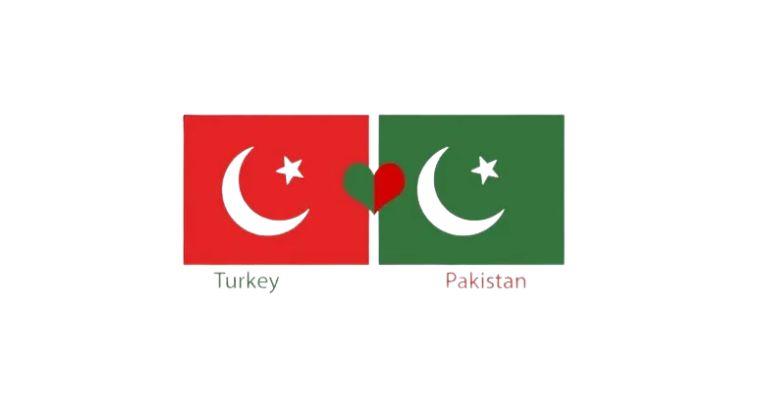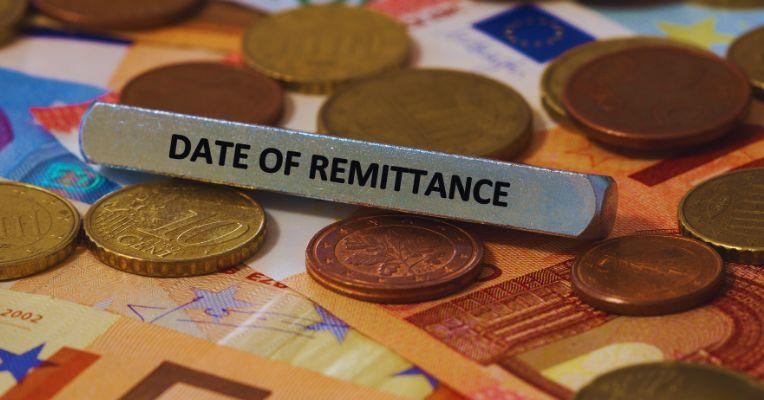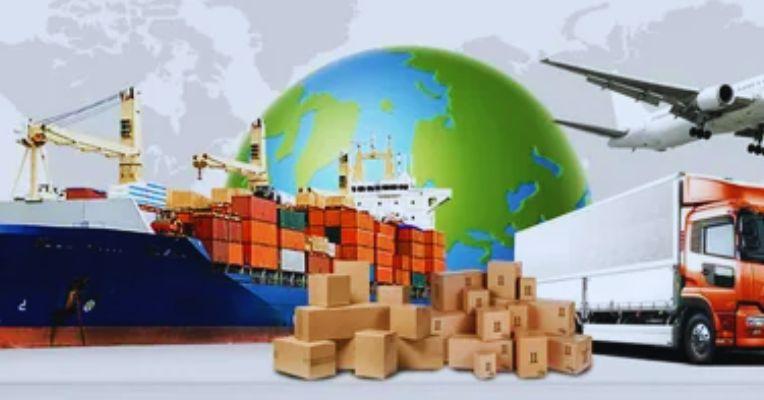Pakistan has agreed to a ten-year plan with the World Bank that will provide the country with $20 billion in loans. This deal aims to support Pakistan’s economy, which has been facing serious financial challenges for several years. The country is already under a $7 billion bailout from the International Monetary Fund (IMF).
Why is Pakistan in Financial Trouble?
Pakistan’s economy has been under pressure due to several factors, including political instability and a catastrophic flood in 2022. The flooding caused massive damage, affecting almost a third of the country. These events made the already struggling economy even worse. The World Bank’s loan is seen as a way to help Pakistan recover and rebuild, focusing on areas like investment and climate resilience.
| Factors Affecting Pakistan’s Economy | Details |
|---|---|
| Political Instability | Pakistan faces internal unrest, especially after the arrest of former PM Imran Khan. |
| Catastrophic Flooding | Floods in 2022 submerged a third of the country, worsening the economic situation. |
| IMF Bailout | Pakistan is currently in a $7 billion IMF bailout program to stabilize the economy. |
The World Bank Plan: Focus on Private Investment and Growth
The Country Partnership Framework (CPF), announced by the World Bank, is designed to boost private-sector investment and address issues related to climate change. Starting in 2026, the plan will focus on sectors that are essential for Pakistan’s growth and job creation. Some key areas include:
- Energy and Water
- Agriculture
- Access to Finance
- Manufacturing
- Digital Infrastructure
Zeeshan Sheikh, the World Bank International Finance Corporation Country Manager for Pakistan, highlighted that the goal is to attract much-needed private investment and help Pakistan’s economy grow in a sustainable manner.
| Key Areas of Focus | Details |
|---|---|
| Energy and Water | Improving energy supply and managing water resources efficiently. |
| Agriculture | Revitalizing agricultural practices for better food security. |
| Access to Finance | Ensuring people and businesses have easy access to financial services. |
| Manufacturing | Supporting the growth of the manufacturing sector for job creation. |
| Digital Infrastructure | Expanding internet and digital services to modernize the economy. |
Prime Minister Shehbaz Sharif Optimism
Prime Minister Shehbaz Sharif welcomed the World Bank plan, calling it a historic initiative. He expressed hope that the CPF will create lasting opportunities for the people of Pakistan, by improving the economy and ensuring better jobs. He emphasized that the partnership between Pakistan and the World Bank is an important step toward the country’s economic resilience.
| Prime Minister’s Statement | Details |
|---|---|
| Support for CPF | PM Sharif sees the plan as a sign of World Bank’s confidence in Pakistan’s economy. |
| Creating Opportunities | He hopes the plan will lead to long-term economic benefits for Pakistan. |
| Strengthening Partnership | Pakistan aims to work closely with the World Bank for future economic growth. |
Challenges Ahead Political Crisis and Foreign Investment
Despite the positive steps from the World Bank, Pakistan is still facing serious challenges. The country is dealing with political turmoil, particularly after the arrest of former Prime Minister Imran Khan. His supporters have protested, and some protests have turned violent. These political issues, combined with the country’s economic challenges, make it difficult for foreign investors to consider Pakistan as a stable investment destination.
| Challenges | Details |
|---|---|
| Political Crisis | Protests and political instability following Imran Khan’s arrest. |
| Foreign Investment | Political and economic uncertainty affects foreign investor confidence. |
A Critical Time for Pakistan Recovery
The $20 billion funding plan from the World Bank offers a chance for Pakistan to recover from its financial difficulties. However, the country must overcome political instability and economic issues to make the most of this opportunity. With the right steps, the Country Partnership Framework could be a turning point for Pakistan’s growth, attracting much-needed investment and ensuring long-term prosperity for its citizens.





